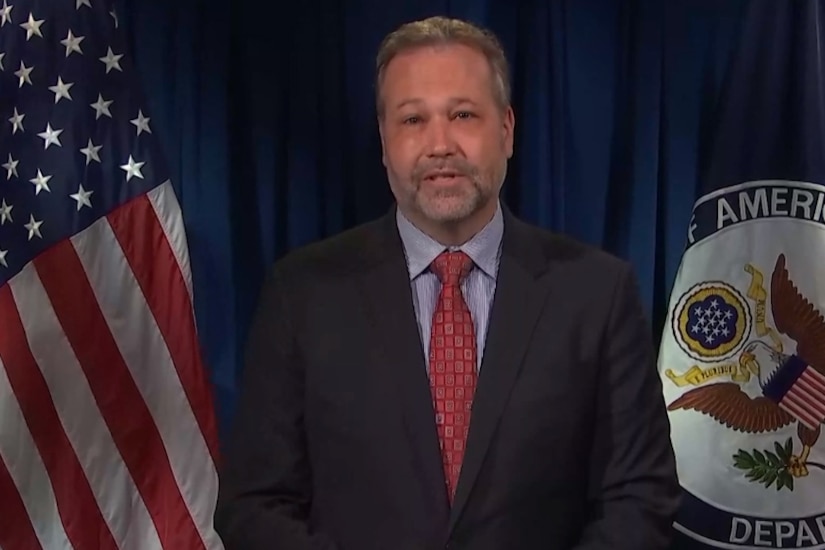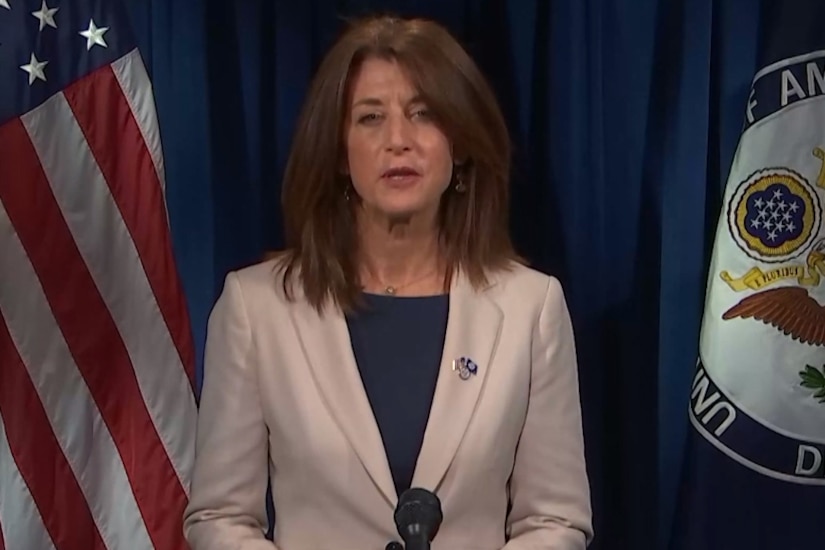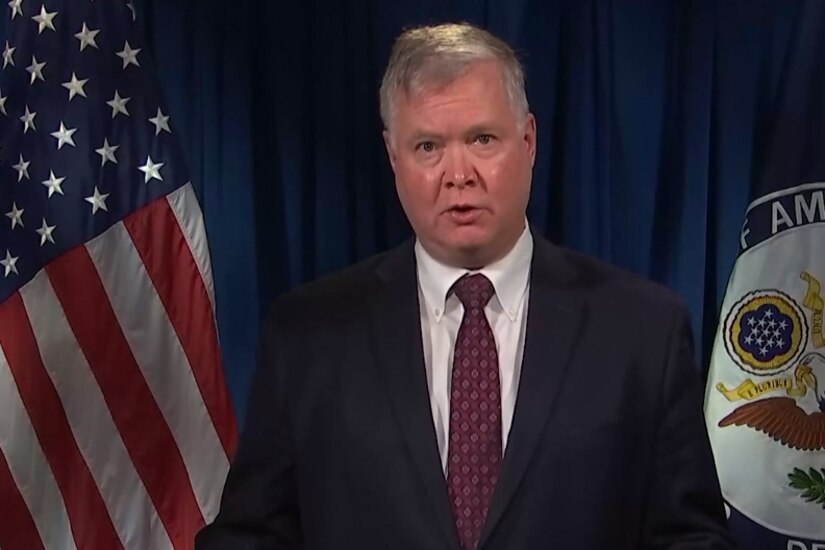Dec. 18, 2020 | , DOD News
The strategy details partnerships across federal agencies designed to mitigate global conflict and promote stability and prosperity. The Global Fragility Act of 2019 directed the State Department to lead this whole-of-government strategy.
Stephanie Hammond, acting deputy assistant secretary of defense for stability and humanitarian affairs, said this strategy aims to prevent conflict and promote stability by focusing on interagency collaboration and fostering strong partnerships.

One of the main tools to support the interagency effort and implementation of the strategy, she said, is DOD's interagency support authority — known as the Defense Support to Stabilization.
This new authority allows DOD to provide logistical support, supplies and services to other federal agencies conducting stabilization activities, she said.
Defense support to stabilization ensures critical civilian expertise can get into hard-to-reach areas more quickly and efficiently and with more effective resources, creating a unity of effort that the agencies have lacked in the past, Hammond said.
This strategy looks to a complex future challenged by both regional and world powers, and allows the United States to work with a united front and build strong coalitions with civil society, think tanks, academia and international partners to meet the most difficult tasks, she said.
"I believe this strategy will end up and serve as a foundational document for many years," she added.

Jim Richardson, director of the Office of Foreign Assistance at the State Department, spoke about some of the shortcomings that led to the need for this strategy.
"Within the past five years, the U.S. has spent about $30 billion in foreign assistance in just the 15 most fragile countries," he said. "We're not alone. Nearly every donor around the world is doubling down in these spaces for a simple reason: weak and poorly governed states give rise to a host of challenges — including conflict, terrorism, crime and humanitarian crises."
"These challenges can also spill across borders, threaten regional and even global peace, as well as our own national security," he added.
Unfortunately, even with high levels of investments from the U.S. and other countries, progress has not been adequate, he said.

Dr. Denise Natali, assistant secretary of state for conflict and stabilization operations, said "the strategy is not old wine in a new bottle."
Rather than externally driven nation-building, the United States will support locally driven solutions that align with U.S. national security interests rather than fragmented and broad-based efforts, the United States will target the political factors that drive fragility. And rather than diffuse and open-ended efforts, the United States will engage selectively, based on measurable results, host-country political will, respect for democracy and human rights and cost sharing, Natali said.
Stephen Biegun, deputy secretary of state, said, "Our strategy reflects input from a broad range of experts and draws on lessons learned from decades of experience."

He added that the strategy, along with the Global Fragility Act of 2019, has had strong bipartisan support from Congress.
Other speakers included: Robert Jenkins, deputy assistant administrator for conflict prevention and stabilization at the U.S. Agency for International Development; Mathew Haarsager, deputy assistant secretary of international development, finance and policy at the Treasury Department; and Tjada D'Oyen McKenna, chief executive officer of Mercy Corps.








No comments:
Post a Comment